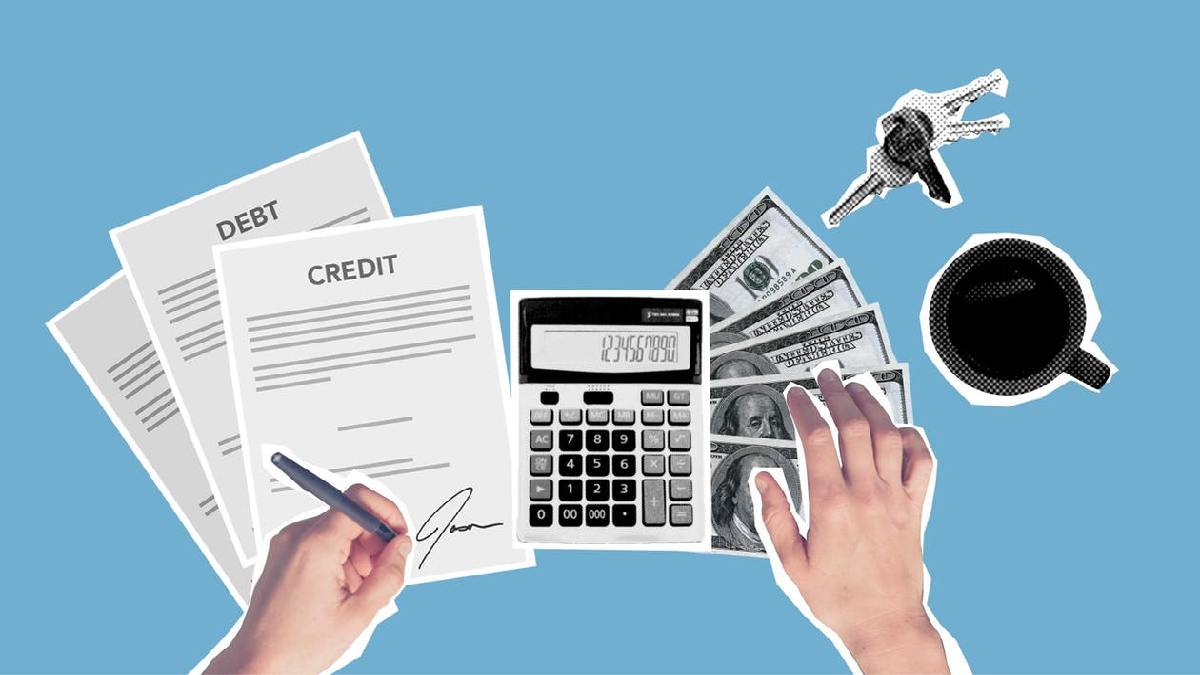If you need a car loan, but your credit isn’t perfect, loan terms can be steep. The lender uses the credit score to estimate the likelihood of loan repayment. The lower the score, the higher the risk they think they are taking. In exchange for this risk, lenders usually charge higher interest rates.
For example, according to an Experian report, in the second quarter of 2020, the average percentage of people holding subprime mortgage credits (defined as 501-600 by Experian) was 11.33% for new cars and 17.78% for used cars. According to the Federal Reserve, the average interest rate on new mortgages over the same period was 5.14%.
Here, we’ll look at some steps you can take to shop for an auto loan that can help lower the cost of financing a vehicle, as well as our picks for auto lenders that offer auto loans to people with bad credit.
Table of Contents
How Can I Get Financing For A Car With Bad Credit?
These steps could help you increase your chances of getting approved for an auto loan that fits your budget.
Check Your Credit
Before you start looking for an auto loan, check your credit. Check your credit reports for incorrect information and discuss those errors. Inaccuracies could lower your credit scores and affect your ability to qualify for a loan.
Checking your balance can also help you set your expectations before you start looking for a loan. You can view free credit reports from Equifax and TransUnion or order a free credit report from each credit bureau for each.
If you don’t need a new car right away, taking the time to prepare for a loan can help. You may qualify for a lower interest rate that could save you thousands of dollars on a car loan. But if you can’t wait, you can also ask a family member or close friend to be your sponsor. A guarantor or co-signer with good credit can give you a better chance of getting a loan approval or help you get better loan rates and terms.
Save For A Down Payment
Saving a down payment has many benefits. First, down payments can help make it easier to qualify for a mortgage, especially if you have a low credit score. Without a down payment, lenders have to take more risks. They will lose more money if they default on their loan and have to get their car back. Some moneylenders may require you to pay a down payment.
Plus, with a down payment, you’ll pay less interest. The more money you put down for a down payment, the less you’ll have to borrow for the car. That means he’ll pay interest on a smaller balance, which will reduce the total interest he pays.
If you pay, you may get a lower interest rate. Lenders consider the loan-to-value ratio (amount of the loan about the vehicle’s value) when setting the interest rate.
Also Read: Wellness Tourism: When Traveling Means Relaxation


